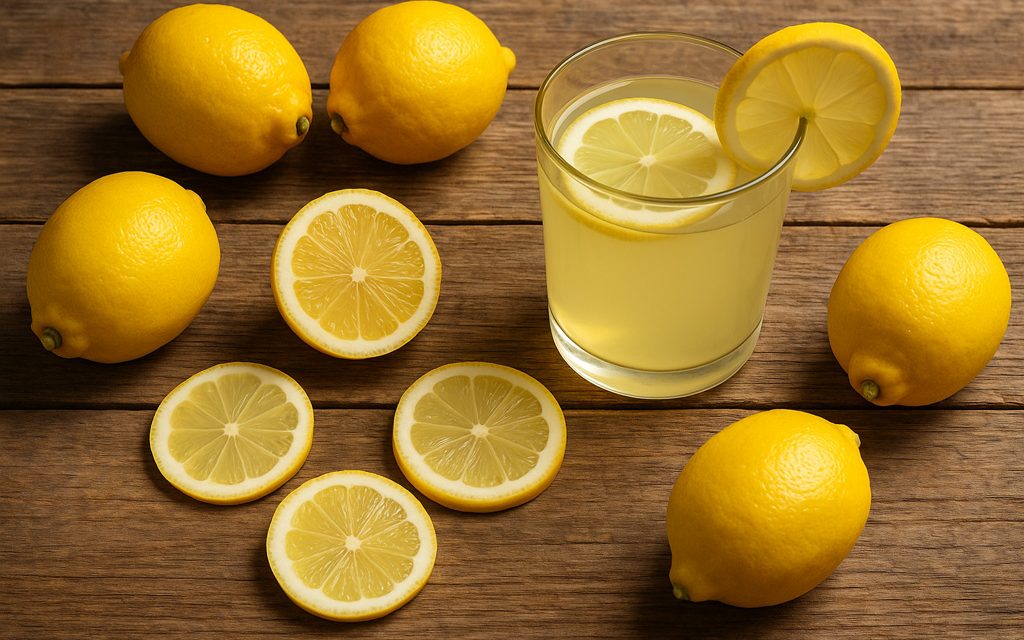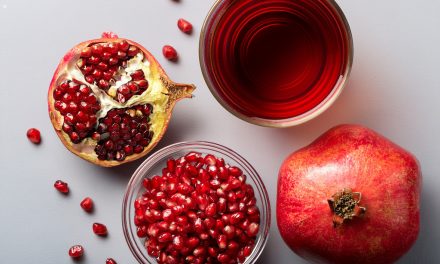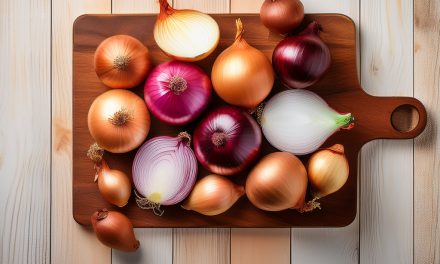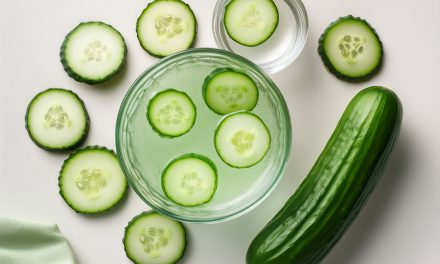What is Lemon?
Bright, tangy, and bursting with refreshing zing — the lemon is one of nature’s most versatile gifts. Loved for its sour punch and citrusy fragrance, this cheerful yellow fruit has earned its place in kitchens, gardens, and herbal remedies worldwide.

Scientific Name
Citrus limon is the scientific name for this zesty fruit. Part of the Rutaceae family, it’s a close cousin to limes, oranges, and grapefruits.
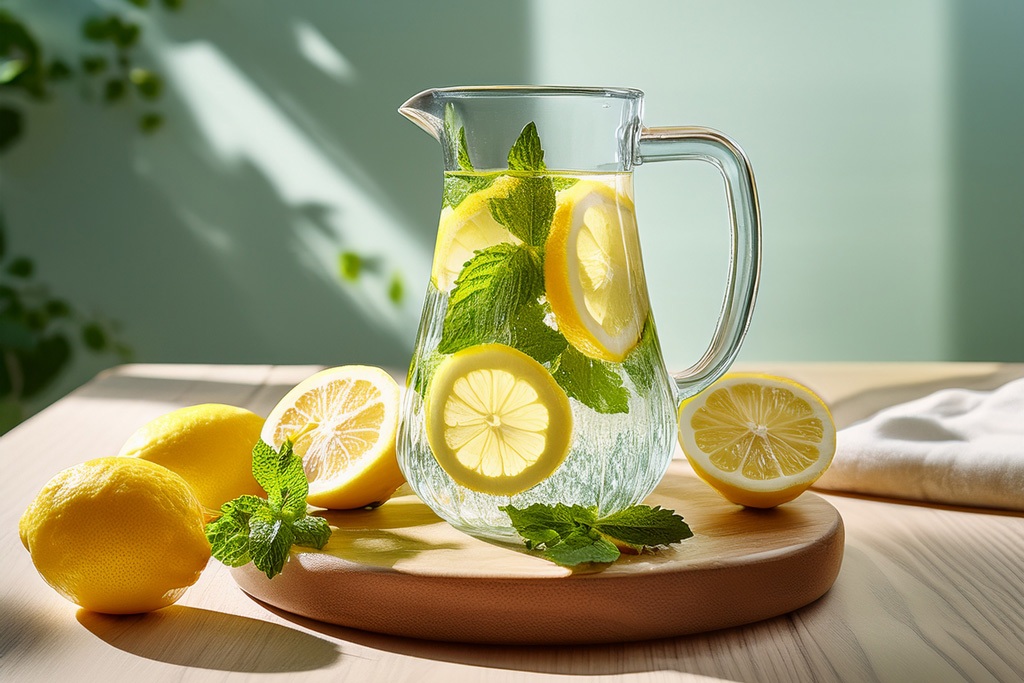
Common Forms
You’ll find lemons fresh and whole, sliced into wedges, squeezed into juice, zested for their aromatic peel, dried into powder, or bottled up as essential oil. From lemonade to cleaning sprays — lemon wears many hats.
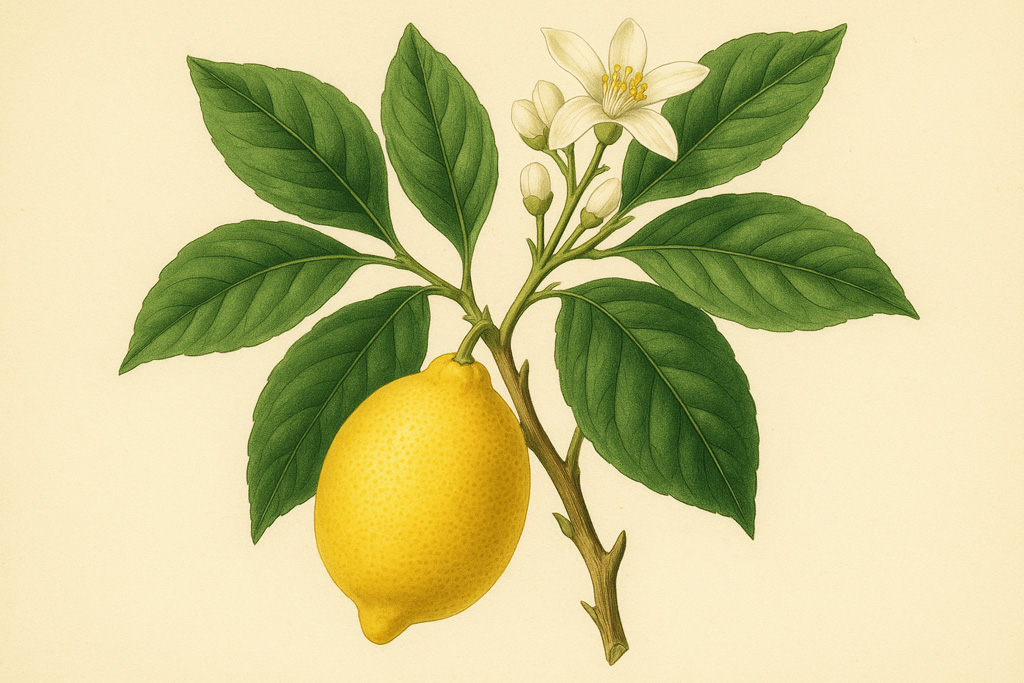
Where Did Lemon Come From?
Originally, lemons are believed to have sprouted from the Assam region in Northeast India, Northern Burma, and China. They traveled westward through Arab traders, flourished in Europe during Roman times, and later voyaged with explorers to the Americas.

A Squeeze of History
The ancient Romans didn’t grow lemons widely, but they adored them when they could get them. In the 15th century, lemons sailed with Columbus to the New World. By the 18th century, British sailors carried lemons to fight off scurvy, making this citrus a lifesaver at sea.
Health Benefits
Lemons are rich in vitamin C — famous for boosting immunity and fighting off colds. They also support digestion, freshen breath, and add an antioxidant kick to your diet. Some even believe that a warm glass of lemon water in the morning helps wake up your system gently.
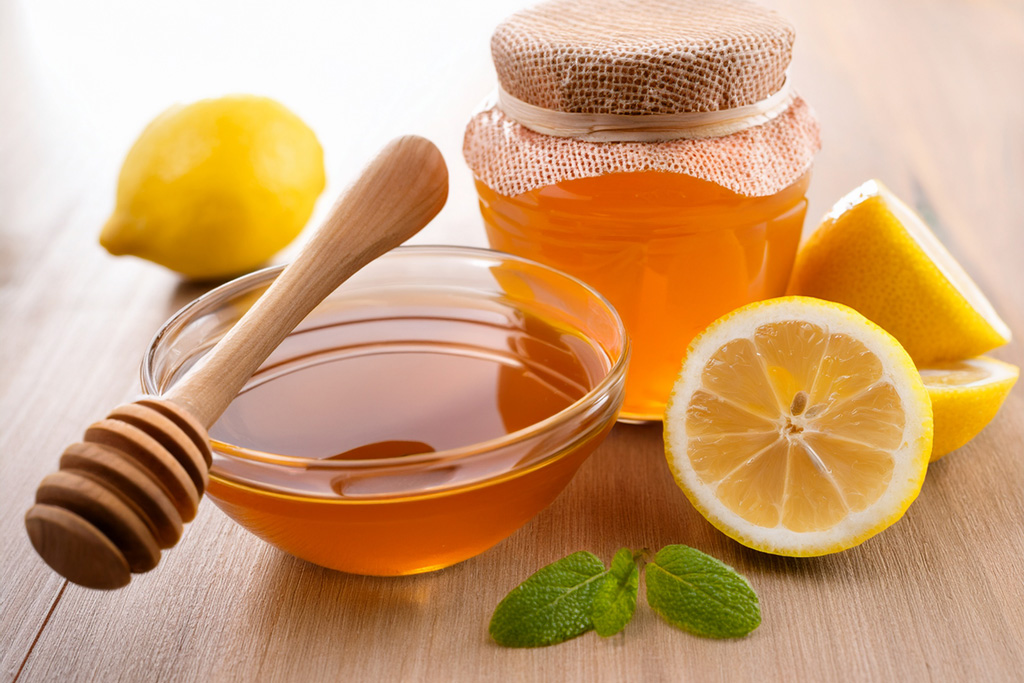
Traditional Uses
For generations, people have used lemons in folk remedies: soothing sore throats with honey and lemon tea, freshening up kitchens with lemon peels, or adding slices to water for a refreshing detox.
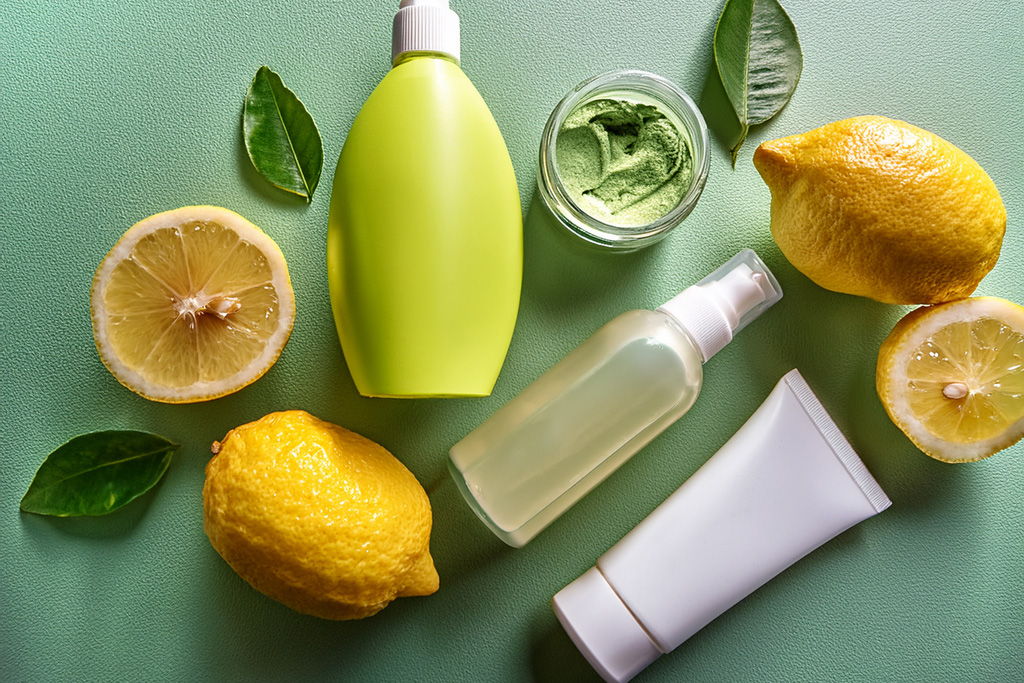
Modern Uses
Today, lemons brighten recipes from cakes to salads and cocktails. They shine in natural cleaning products, homemade skincare, and even air fresheners. You’ll spot lemon-infused shampoos, facial masks, and wellness shots at trendy juice bars.
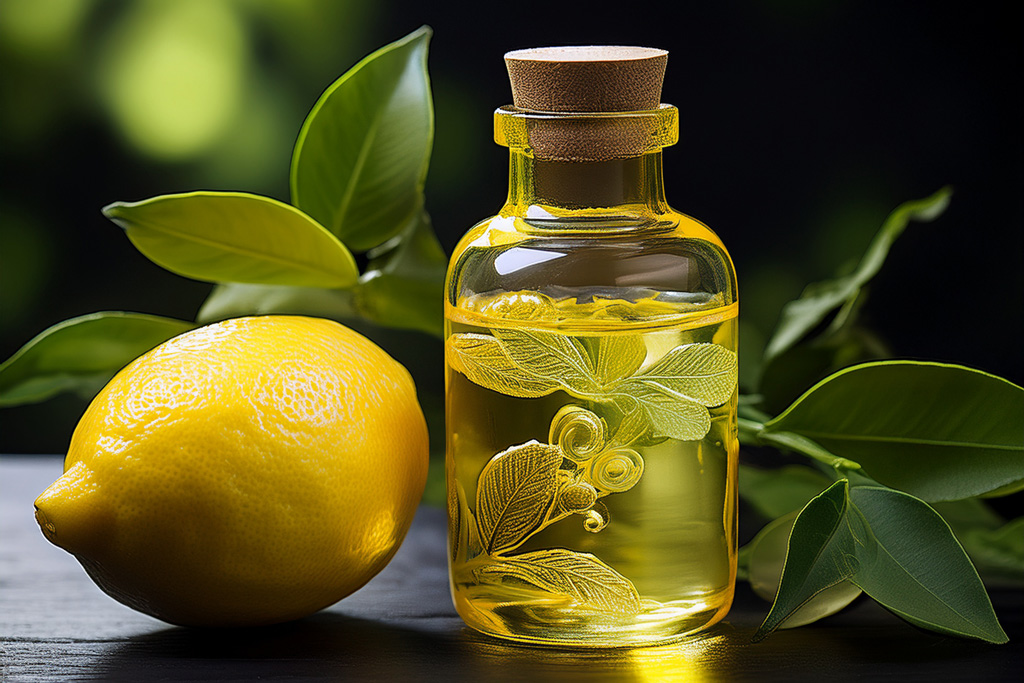
Medical Uses
While not a cure-all, lemons are medically valued for their high vitamin C content and mild antibacterial properties. They may help soothe sore throats, aid iron absorption, and perk up hydration routines.


